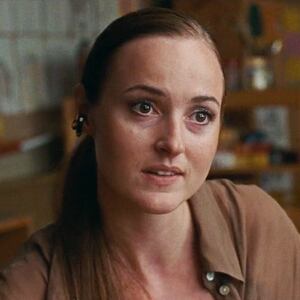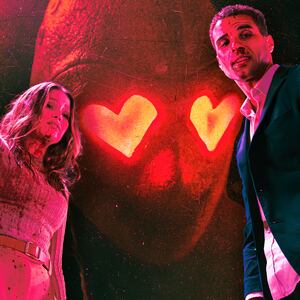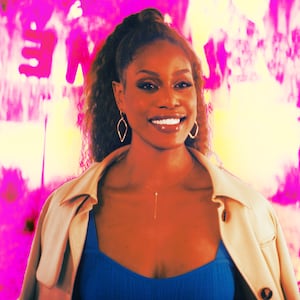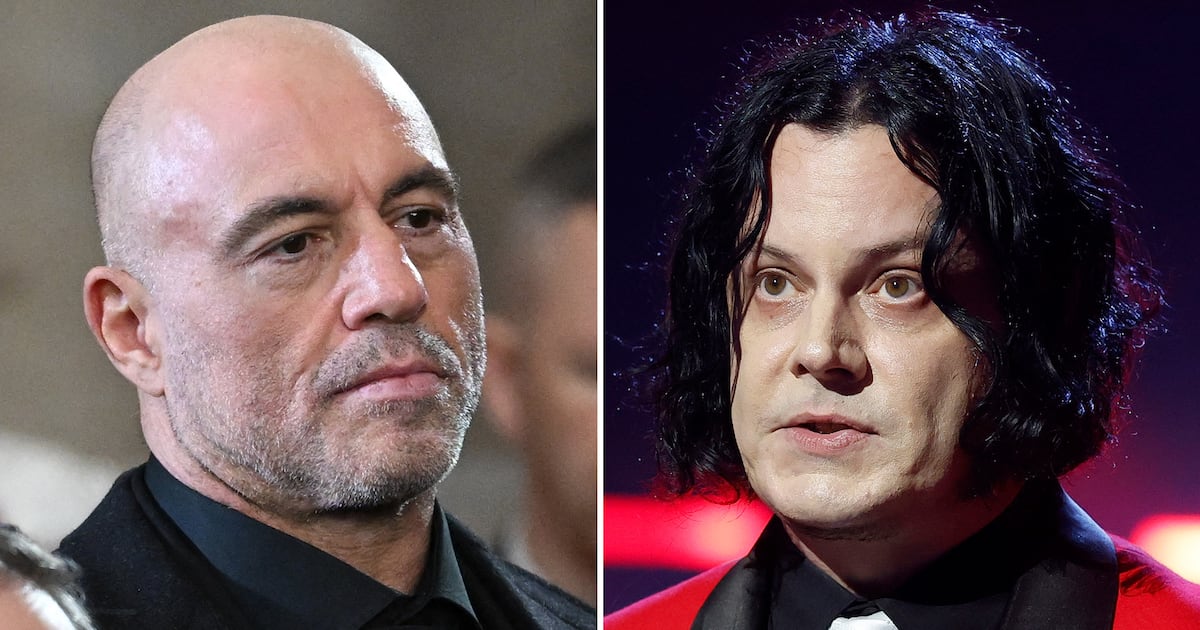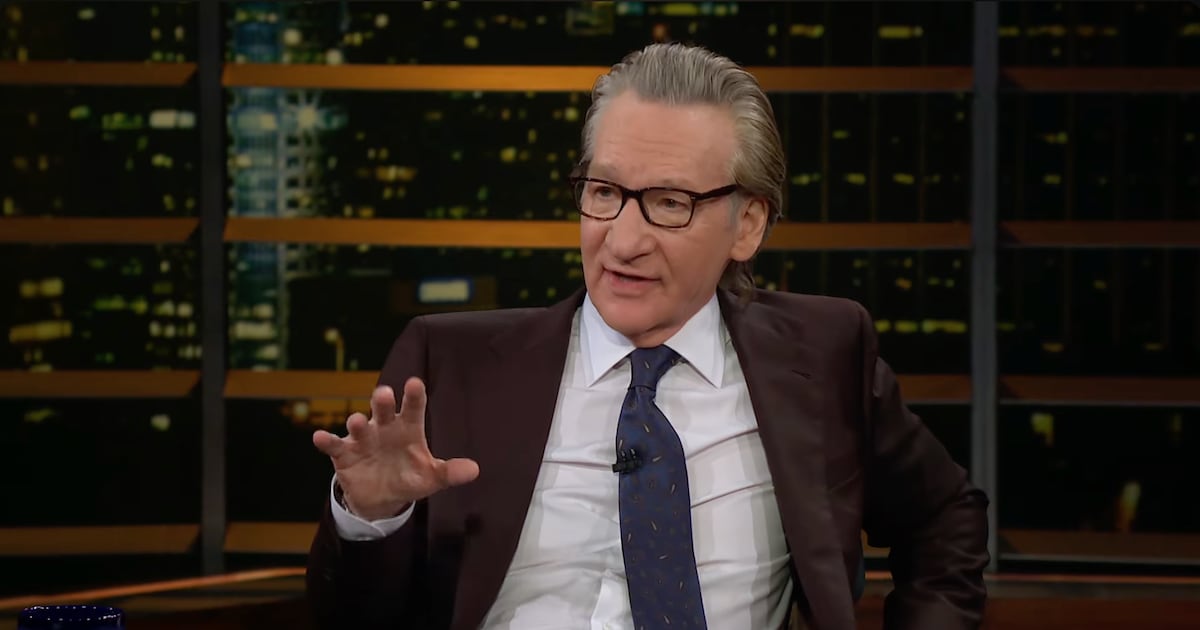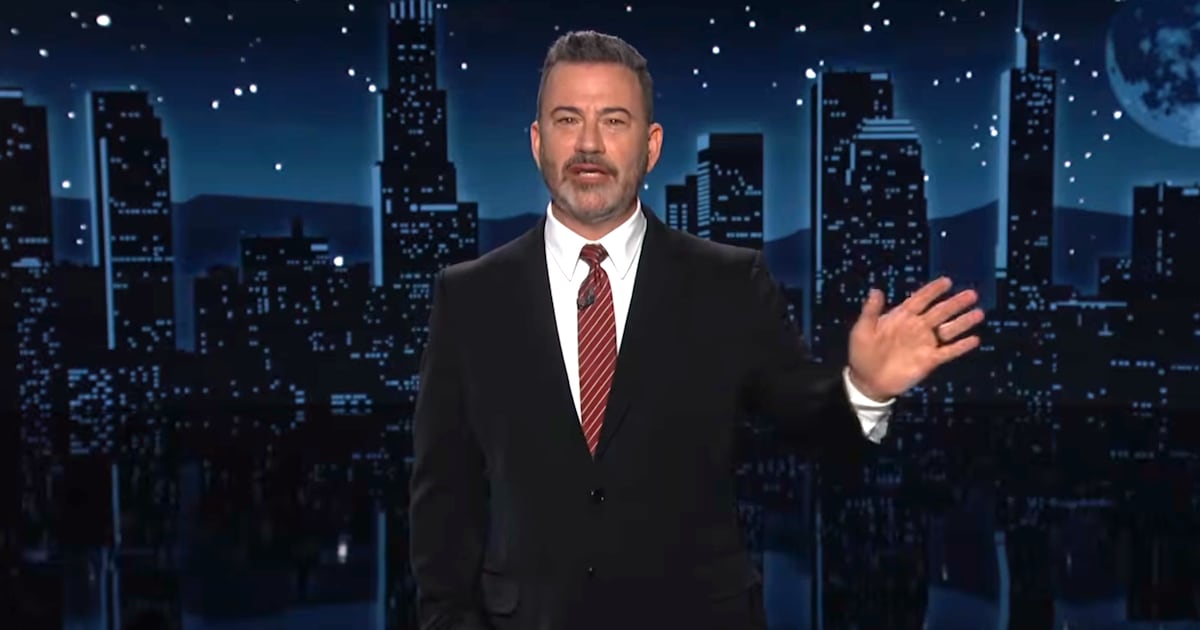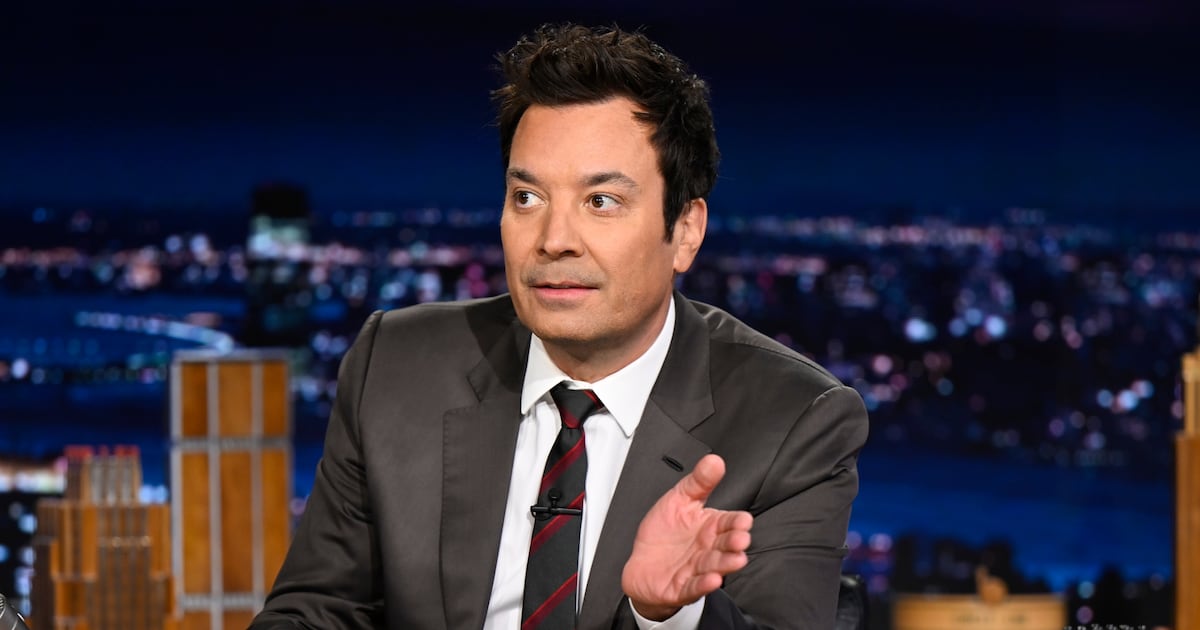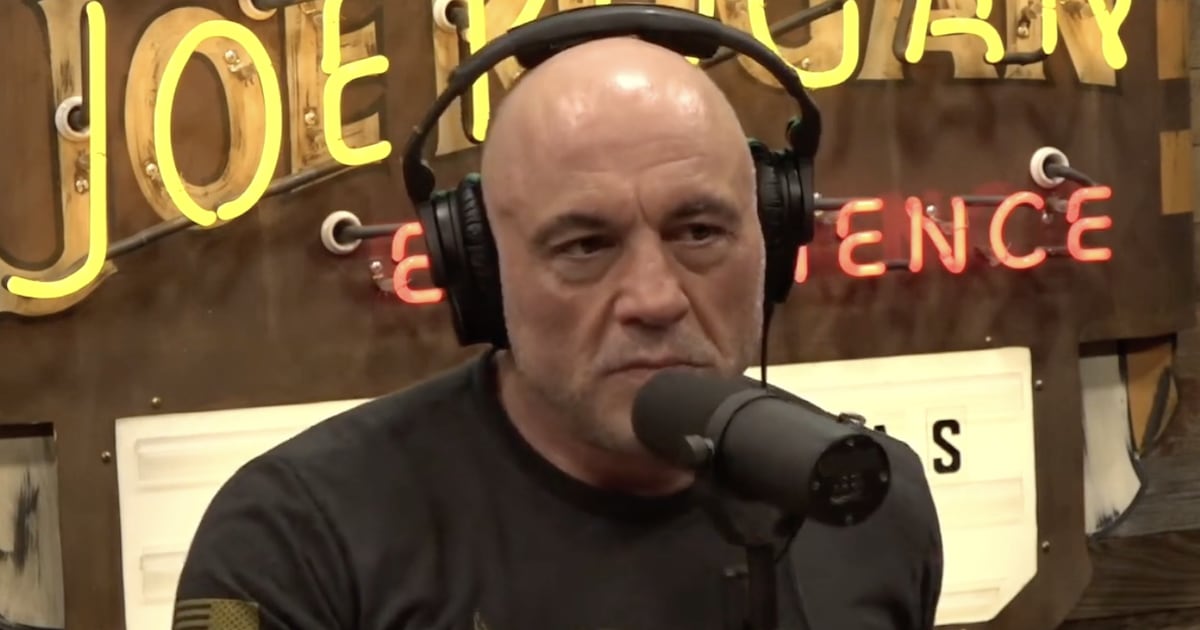Ke Huy Quan and Ariana DeBose make for a feeble one-two punch in Love Hurts, a lamely comedic beat-’em-up from the production company, 87North, responsible for the John Wick franchise.
Jonathan Eusebio’s film is a goof like 2021’s Bob Odenkirk-headlined Nobody in that it puts non-action stars through the slam-bang ringer, the idea being that it’s both funny and exciting to see ordinary actors punching, kicking, stabbing, and shooting bad guys. The main takeaway from this dreary dud, however, is that winning an Academy Award is no guarantee of continued big-screen success.
Having taken home gold statuettes for, respectively, Best Supporting Actor in 2022 and Best Supporting Actress in 2021, Quan and DeBose are cast as unlikely badasses in Love Hurts, although the former’s Marvin has given up his prior life as a professional killer to work as a real estate agent.
Cheerily baking Valentine’s Day cookies for his colleagues, including loyal Ashley (Lio Tipton), and commuting to work on his bike (complete with a helmet for safety), Marvin seems to be a cheery everyman without a violent bone in his body—a notion conveyed by Ashley’s remark that, as angry as he might get at his rival realtor Zaks (Property Brothers’ Drew Scott, cameoing to no effect), who’s a black belt in karate, he’s too wimpy for fighting.

Marvin may have left the past behind but that doesn’t mean it’s finished with him, and after arriving at the office, he’s attacked by Raven (Mustafa Shakir), a fellow murderer-for-hire whose gimmick is both that he wields blades which are attached to forearm guards, and he writes poetry about his lethal vocation.
A skirmish ensues, staged by director Eusebio (in his feature debut) with breakneck martial-arts choreography and matching editing, the scene’s cutting as sharp as Raven’s weapons. From a technical standpoint, it’s a fine opening salvo for a wannabe-adrenalized affair. Yet there’s something decidedly old-hat about the entire thing—a nagging sense that, eleven years removed from Keanu Reeves’ maiden Wick-ian outing, this type of combat has devolved into cliché.
The reason Raven has called upon Marvin is that his employer Knuckles (Daniel Wu), who’s Marvin’s criminal kingpin brother, has received a card from Rose (DeBose), his former lawyer, whom he had ordered Marvin to put six feet in the ground for stealing millions. Marvin has also received one of these valentines, and he knows that he’s now in deep trouble with his sibling.
Also upset about this turn of events is Knuckles’ new number two Merlo (Cam Gigandet), who’s the real double-crosser who stole from Knuckles, and who fears that Rose has returned to expose his duplicity. To silence Rose and Marvin, he employs two hitmen, King (Marshawn Lynch) and Otis (André Eriksen), and though they’re a brutal duo, they also spend plenty of time bantering with each other, often about the fact that Otis’ wife finds him “emotionally constipated.”

Lynch is a boisterous personality but King and Otis are fifth-generation photocopies of Steve Buscemi and Peter Stormare’s Fargo killers. That said, their derivativeness is a perfect fit for Love Hurts.
At only 83 minutes, Eusebio’s film operates as if it’s in a perpetual rush to wrap things up, with everything pitched at the same fast-forward pace. Following a tussle with King and Otis, Marvin finds Rose, who tells him that she’s ready to emerge from the shadows and reclaim her life because “Hiding ain’t living.” Yet Marvin struggles to feel likewise, since he genuinely loves the non-descript new day-to-day he’s carved out for himself, and definitely doesn’t want to return to his prior homicidal ways. The complicating factor in all of this is that Marvin chose to spare Rose because he loves her—a crucial detail that, like so many plot points, is told rather than dramatized.
Love Hurts gives everyone a single superficial trait, be it Knuckles loving boba tea or Ashley falling hard for Raven because his poetry speaks to her (undefined) dissatisfaction, and it strives for pathos courtesy of Cliff (Quan’s The Goonies pal Sean Astin), Marvin’s cowboy hat-wearing boss, who fetes him with a realtor award and ultimately stands up for him against Knuckles by praising him as his “brother.”
Additionally, Rhys Darby appears as Knuckles’ accountant Kippy, mainly so he can fret and scheme without the aid of his two front teeth, which he loses courtesy of duct tape over his mouth. The proceedings are Looney Tunes silly and meth-head manic, and it’s not long before they become exhausting, not least of which because Matthew Murray, Josh Stoddard, and Luke Passmore script fails to deliver a single funny quip.
In the decades between his breakout adolescent hits and his Everything Everywhere All at Once comeback, Quan worked as an action choreographer (highlighted by collaborations with Hong Kong legend Corey Yuen), and he’s more than up to the challenge of Love Hurts’ extended battles.
Unfortunately, the film spends so little time first establishing Marvin as a gee-whiz weakling that, when he shows his true colors, the contrast isn’t an amusing shock; rather, it just plays as the most predictable of surprises. DeBose fares even worse, saddled with a character who’s merely a series of sassy, self-assured poses and greeting-card platitudes. On the heels of last year’s Argylle and Kraven the Hunter, it’s another in what’s becoming a long line of post-Oscar misses for the actress.

Lynch gets to tackle someone while yelling “Beastmode!”, DeBose gets aggressive with a taser, and Quan fends off adversaries at the same time that he tries to convince a couple to sign on the dotted line for a new home, with the film racing from one bit to the next at almost supersonic speed.
Had he been given a second to develop Marvin beyond his basic stick-figure conception, Quan might have made this material, if not totally work, at least charmingly loopy. Alas, Eusebio’s true loves are clunky dialogue and now-conventional clashes, all of it jazzed up by a few showy camera movements and cutesy musical cues (such as Barry White’s “You’re the First, the Last, My Everything”). It’s not amour that leads to anguish in Love Hurts—it’s unoriginality.


